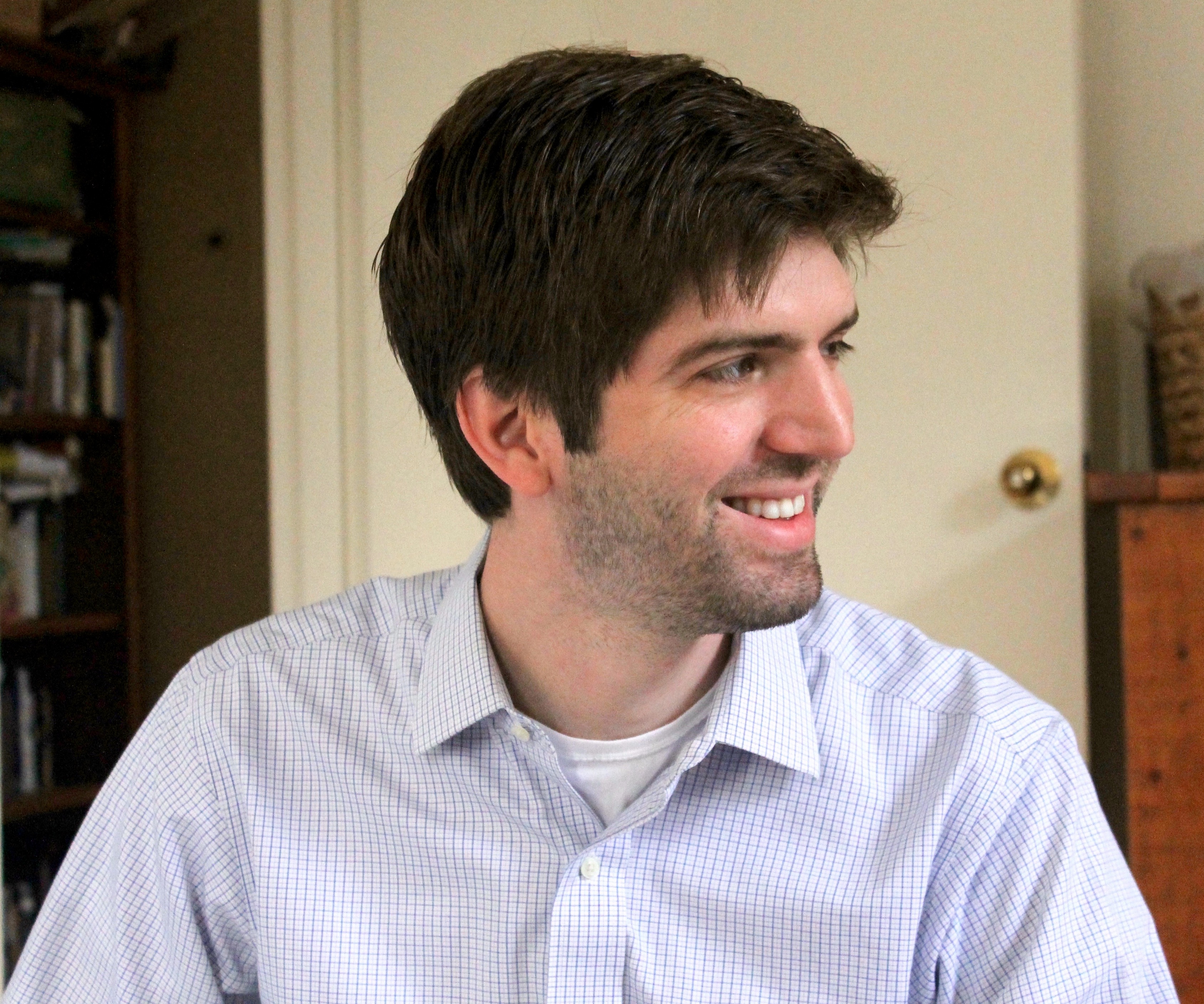When we hear JPMorgan Chase, we may think of investment bankers, traders and other well-heeled financial professionals. But the company’s global workforce is far more diverse, including those providing essential services during the pandemic, from retail branch employees to operational services and call center workers.
To support its people as they navigate the pandemic’s challenges, the firm has focused heavily on mental health and well-being. According to Thrive XM Index data, the company has especially excelled at helping employees take care of themselves and their loved ones.
The key, says Lilly Wyttenbach, JPMorgan’s Global Wellness Manager, was having an infrastructure in place long before anyone had ever heard of COVID-19. In 2015, JPMorgan Chase began introducing emotional and mental health initiatives and resources, moving beyond simply offering a hotline for employees to call. In partnership with Thrive Global, the company has offered a range of science-backed mental health programs, on topics such as building resilience, preventing burnout, improving sleep, and creating a healthier relationship with technology. With buy-in from company leadership, including CEO Jamie Dimon, JPMorgan Chase had been leading a companywide conversation about well-being for years by the time the coronavirus became the biggest story in the world.
“We were able to pivot quickly, because we had the right pillars and guideposts in place,” Wyttenbach says.
In March, the company introduced “Coping Connections,” a program that brings people together to share their stories, struggles and solutions around mental health challenges. Developed and facilitated by the firm’s U.S. on-site mental health clinicians, “Coping Connections” sessions focus on dispelling myths and reducing stigma, guiding people to the help they need when they need it, and creating a more diverse and inclusive work environment.
The sessions have given people the opportunity to connect around whatever challenges they’re facing — not only isolation, burnout and other issues related to the pandemic, but necessary conversations around racial injustice, and more. Over 5,000 employees participated through September in over 250 sessions, and according to the company, 94% of participants say Coping Connections has helped them navigate the new normal. Other educational sessions for employees include a focus on isolation, suicide, partner violence and addiction – all topics that are hard to talk about, but hugely needed.
One particular point of focus has been supporting parents through this uniquely difficult time. As it became clear that the coronavirus would make childcare for working parents into a nightmare, it also became apparent that those personal challenges could have major consequences on the business, especially for retention.
“We don’t want to have this exodus of working women and working mothers who take on the majority of ownership and need to leave the workforce,” Wyttenbach says.
In response, the company has temporarily expanded its U.S. family care program, parents@JPMC, in partnership with the child care provider Bright Horizons. In addition to its 14 dedicated U.S. child care centers, JPMorgan Chase has expanded employee access to a wider network of Bright Horizons facilities, has added in-home family care for employees who don’t work at locations with access to child care centers, added full service child care on-site and added a new program that provides additional family support to locate and provide discounts to sitters, nannies, virtual tutors and other needed services. Globally, the firm offered over 15 educational sessions with experts dedicated to topics for parents over the last few months with over 4,200 participants.
“The infrastructure in place, combined with ongoing support from our most senior levels of leadership, equipped us well to best support JPMorgan Chase employees and their families during this tumultuous time,” Wyttenbach says. And the commitment to supporting each other has been inspiring.
“Everybody is stepping up,” she says. “Nobody’s doing their day job.”


